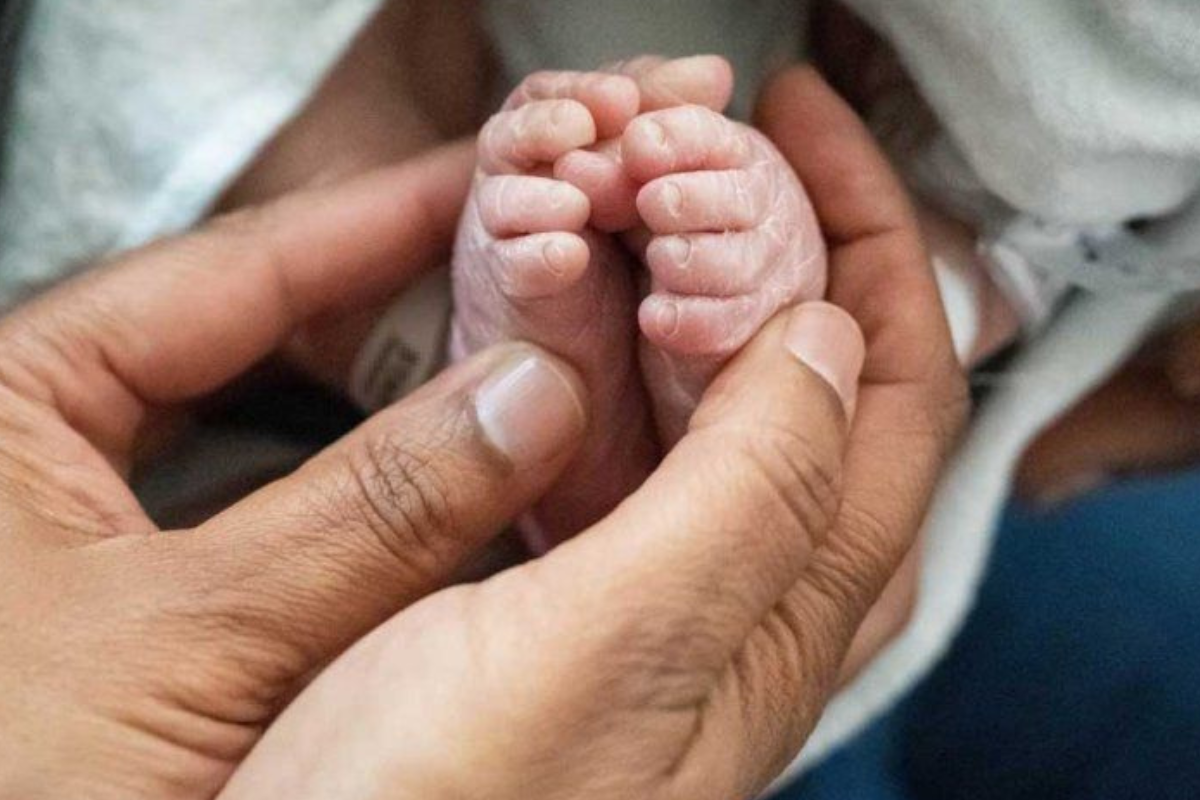
How UCSF’s shift to training nurses at the doctoral level creates a new generation of leaders.
Ebony Marcelle, the director of midwifery at Community of Hope in Washington, D.C., started her doctoral degree after more than a decade of working as a midwife.
A Georgetown University School of Nursing graduate, Marcelle got her master’s degree in midwifery at Philadelphia University and started working in clinical leadership and advocating for issues concerning Black maternal health. But she wanted to go even further to advance systemic change at a policy-making level.
Marcelle earned a Doctor of Nursing Practice (DNP) at Frontier Nursing University, one of the oldest and largest nursing schools in the country. She quickly noticed a change in how she was perceived at conferences, congressional briefings, policy hearings and other events.
“This is not just about getting that seat at the table. It’s about being viewed differently once you get to that table,” Marcelle said.
Advancing generational wealth in maternal care
UC San Francisco’s nurse-midwifery program received approval this week by the Accreditation Commission for Midwifery Education, which allows the School of Nursing to start admitting the first midwifery students to the new DNP track. The school will start accepting applications on April 18 for the program that begins in June. The application deadline is May 18.
The nursing school has already begun accepting applications in other specialties for its first class of students entering with a Bachelor of Science in Nursing (BSN) degree who will go straight into the DNP program. UCSF’s shift to the BSN-to-DNP pathway has been in the works for years, with the transition officially starting in 2020.
The decision to redesign UCSF’s advanced practice nurse specialties, including midwifery, from the Master of Science to the DNP aligns with a national shift to clinical doctorate-level education.
This standard was endorsed by the American Association of Colleges of Nursing in 2004, and the midwifery DNP has already been implemented by about two dozen nursing programs including Columbia University, the University of Tennessee, University of Washington, Oregon Health & Science University, University of Illinois and University of Minnesota.
“UCSF is steadfast in our commitment to train nursing leaders to transform health and the delivery of care, particularly in the communities we serve in California that lack access to high-quality care,” said Carol Dawson-Rose, PhD, RN, FAAN, dean of the UCSF School of Nursing and associate vice chancellor for Nursing Affairs. “It is imperative that we expand doctoral preparation to meet the academic standard of nursing and ensure that our graduates remain at the top of the field.”
While the shift to the DNP program affects all of UCSF’s nursing specialties – adult gerontology, family, and psychiatric mental health – more concerns have been raised about how the change impacts the midwifery program.
Midwifery and maternal health care issues are steeped in concerns around equity, particularly for women of color and people from rural and poor communities. Black women in the U.S. have the highest maternal mortality of any racial or ethnic group, with death rates that are more than two-and-a-half times that of white women.
In California, which has one of the lowest maternal mortality rates in the country, the disparity among Black mothers persists at similar levels, often regardless of income and educational status. Experts attribute these inequities to a range of largely preventable factors including chronic stress created by discrimination, lack of access to quality health care and unhealthy community conditions.
But rather than simply improving those conditions one birth at a time, UCSF is positioning itself to train the future leaders in nurse midwifery, equipping them to help make systemic changes in maternal care that will be passed onto successive generations, akin to passing on generational wealth.
Read the complete story on the UCSF News website.
